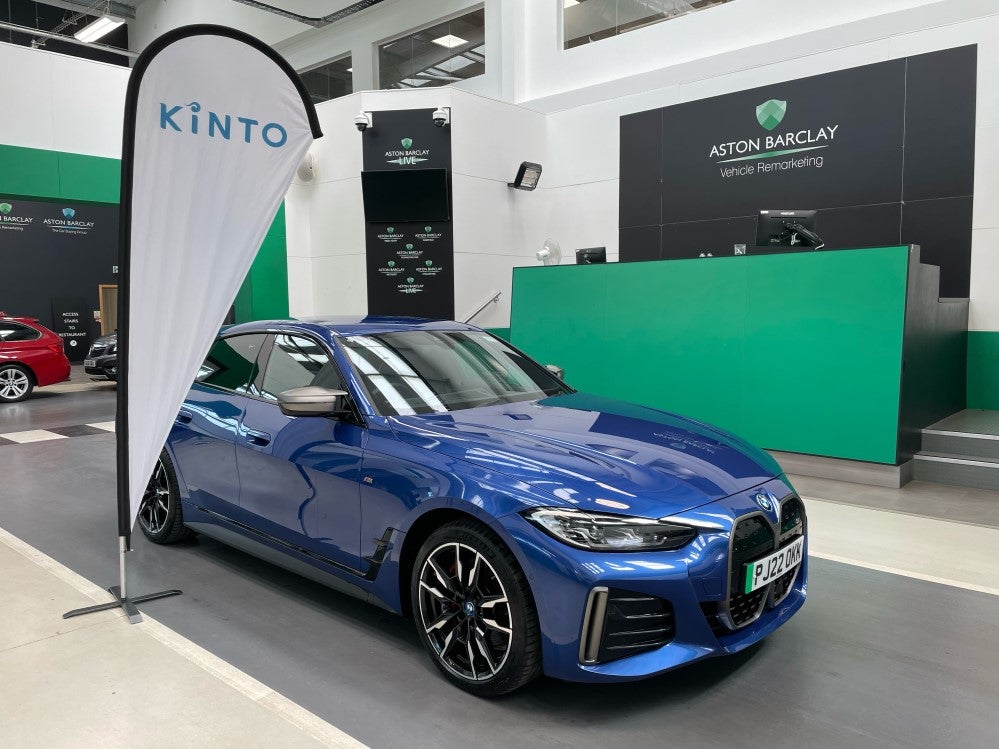The future of the automotive industry will be shaped by a range of disruptive themes, with autonomous vehicles (AVs) being one of the four megatrends impacting the growth of the industry for the next decade. A detailed analysis of the theme, insights into the leading companies, and their thematic and valuation scorecards are included in GlobalData’s thematic research report,Autonomous Vehicles – Thematic Research. Buy the report here.
Fully autonomous vehicles are vehicles that can drive themselves without human input. There are five levels of vehicle autonomy ranging from Level 1 to 5. The promise of AVs models is great – they could bring mobility to sections of the market that have never before had access such as children, disabled, or those otherwise unable to drive themselves. In addition, they could enable a brace of new businesses in the commercial space such as ride-hail services using robotaxis, on-demand freight logistics services, or mobile retail and service spaces that can be brought directly to the customer.
However, the challenge of commercialising autonomous vehicles has proven equally great. The leap taken from level 1 autonomy to level 2, for example, is small compared to the jump in complexity needed for level 3 ‘eyes-off’ AV operation. These systems then look laughably simple compared to the level of complexity that will be demanded by truly self-driving level 4 and level 5 models, which might not even include controls for human drivers.
Nevertheless, not all companies are equal when it comes to their capabilities and investments in the key themes that matter most to their industry. Understanding how companies are positioned and ranked in the most important themes can be a key leading indicator of their future earnings potential and relative competitive position.
According to GlobalData’s thematic research report, Autonomous Vehicles, leading adopters of AVs include: BMW, GM, Tesla, BYD, and Toyota.
Insights from top ranked companies
Tesla is an audacious, PR-savvy agenda setter in the auto and alternative energy sectors. The company is at the forefront of AV technology through its Level 2 Autopilot and Full-Self Driving features. Unlike many rivals, Tesla has based its AV systems on 360-degree camera vision and ultrasonic sensors, using its own AI image processing to determine the safe path forward.
Furthermore, Tesla can credibly claim to sit alongside Waymo, Baidu and Cruise in the vanguard of auto brain building. Using its network of cars equipped with Autopilot, Tesla claims to have racked up more than one billion miles of data which can enhance its machine learning system – although it’s unclear how many of those miles were covered with Autopilot actually engaged.
Toyota
Toyota competes with Volkswagen for the title of world’s largest motor company by volume. The company is sceptical about the arrival of level 5 vehicles before 2040 but, has invested $2.8bn to develop self-driving software in conjunction with Denso and Aisin Seiki. It has also set up the Toyota Research Institute (TRI) in Silicon Valley, with over $1bn of funding to research robotics and AI. TRI-AD is the ‘advanced development’ offshoot of the TRI focused on autonomous driving technology.
Toyota has created a separate mobility company to focus on future mobility including AVs and smart cities called Woven Planet. In April 2021, Woven Planet agreed to purchase the Level 5 (full-self driving) operations of ride-hail company Lyft for a total of $550m to help it get closer to its AV development goals.
General Motors (GM)
General Motors acquired Cruise for more than $1bn in 2016 and this is generally considered in automotive circles to have been a good move, allowing it to leapfrog into autonomous driving. In January 2021, Cruise announced it had secured an additional $2bn through an investment round led by Microsoft along with existing partners GM and Honda. At the start of 2020, the company revealed the Cruise Origin self-driving shuttle concept. Like other pod-type AVs, this has no human controls and is fully self-driving within a geofenced area – meeting level 4 AV standards. Honda has also expressed interest in bringing the Origin to Japan to form a robotaxi service there. Cruise expects the Origin to go into production in 2023, built at GM’s Detroit Hamtramck plant.
To further understand the key themes and technologies disrupting the automotive industry, access GlobalData’s latest thematic research report on Autonomous Vehicles.
- Nissan
- Changan Automobile
- Honda
- Volkswagen
- Daimler
- Ford
- Hyundai Motor
- BAIC
- Dongfeng Autos
- Tata Motor
- Mazda Motor Corp
- Mitsubishi Motors
- Renault
- Stellantis
- Mahindra & Mahindra
- Suzuki
- Subaru Corp
Data Insights
From

The gold standard of business intelligence.
Blending expert knowledge with cutting-edge technology, GlobalData’s unrivalled proprietary data will enable you to decode what’s happening in your market. You can make better informed decisions and gain a future-proof advantage over your competitors.











